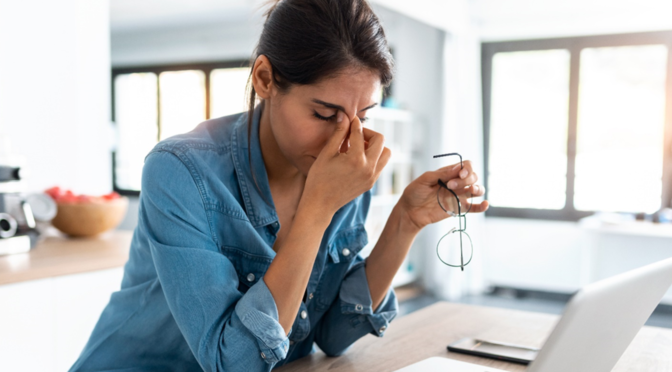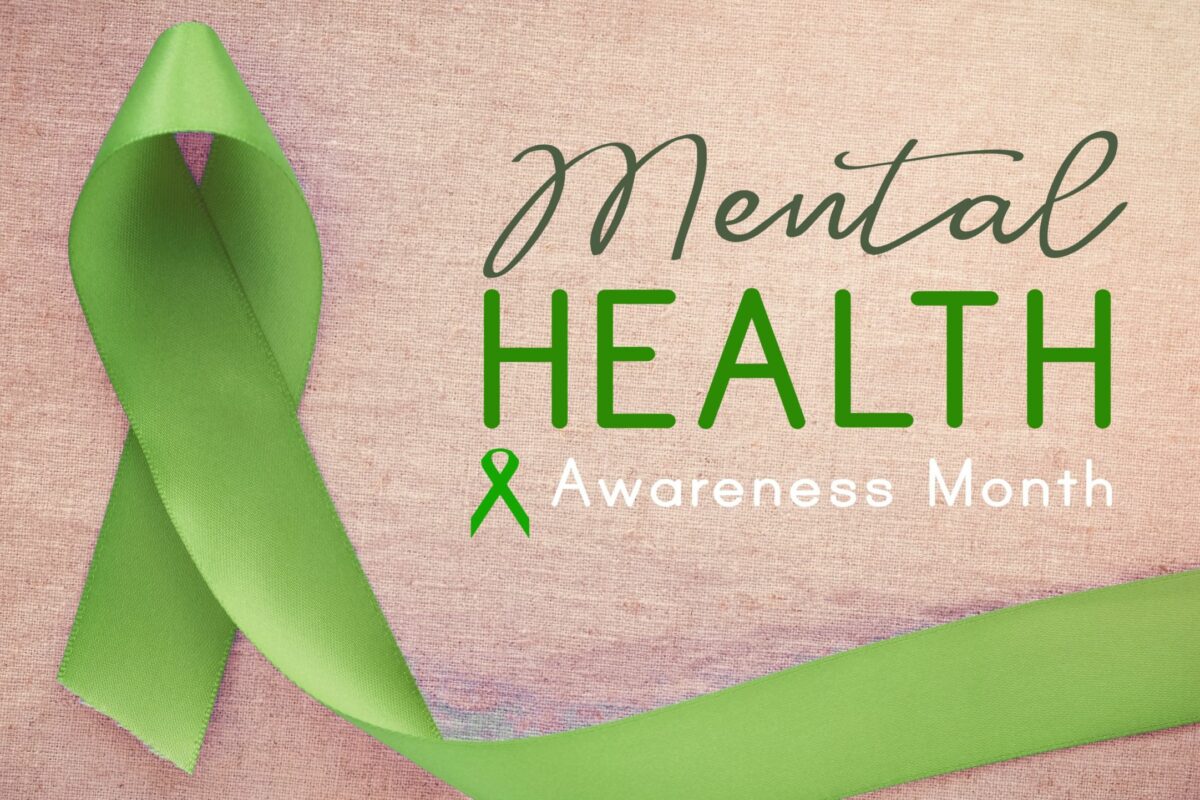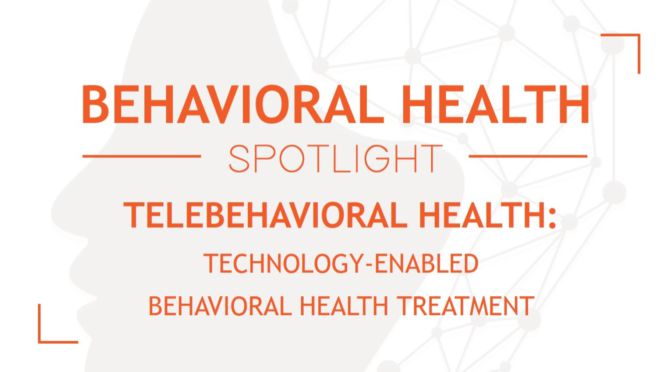Telebehavioral Health: Technology-Enabled Behavioral Health
March 7, 2021 (Lanham, MD) Across the country and around the world, people’s lives are significantly upended by COVID-19. Research indicates that during quarantine, people can experience poorer mental health, including post-traumatic stress, avoidance behaviors, anger, fear of infection, and frustration and boredom (Brooks et al., 2020). Telebehavioral health became a necessity to provide behavioral health treatment during the COVID-19 pandemic, adhere with stay-at-home orders, and maintain social distancing (Wright et al., 2020). Published by the Behavioral Health Advancement Resource Center (BHARC), March 2021 Behavioral Health Spotlight offers insights and commentary on telebehavioral health.
Telebehavioral health is an approach to providing behavioral health clinical services, counseling, and health education and information using telecommunication and video communication technologies. Today, telebehavioral health is a standard practice and a rapidly growing approach to deliver clinical services to patients (Paterson et al., 2020). It has been well-received by both patients and providers. “With increasing adoption of telebehavioral health, we can reach the people who need help the most during the pandemic and beyond,” said Anton C. Bizzell, MD, BHARC advisor and CEO of The Bizzell Group (Bizzell). BHARC is funded by Bizzell.
The BHARC Behavioral Health Spotlight is a thought leadership series highlighting various behavioral health topics that impact communities across the United States and abroad. “Telebehavioral Health: Technology-Enabled Behavioral Health” was written by Mim Landry, a BHARC Advisory Council Substance Use and Mental Health Expert. The article describes the benefits of and current issues in telebehavioral health and includes a review and commentary of recent literature on this important topic.
About BHARC
The Behavioral Health Advancement Resource Center (BHARC) is an authoritative source for behavioral health information, insights, technical assistance, training, and innovative tools. BHARC is a mechanism to share evidence-based behavioral health interventions and best practices. The BHARC Advisory Council consists of experts in substance use, mental health, clinical trials, pharmaceuticals, and healthcare standards and quality.
About Bizzell
Bizzell US (Bizzell) is a strategy, consulting, and technology firm that designs innovative solutions to help build healthy, secure, and sustainable communities in our nation and around the world. Bizzell leverages the combined experience of our diverse subject matter experts to develop data-driven, research-informed answers to the world’s most complex challenges—ensuring our clients achieve their vision and goals. For more information, visit: Bizzell US.






